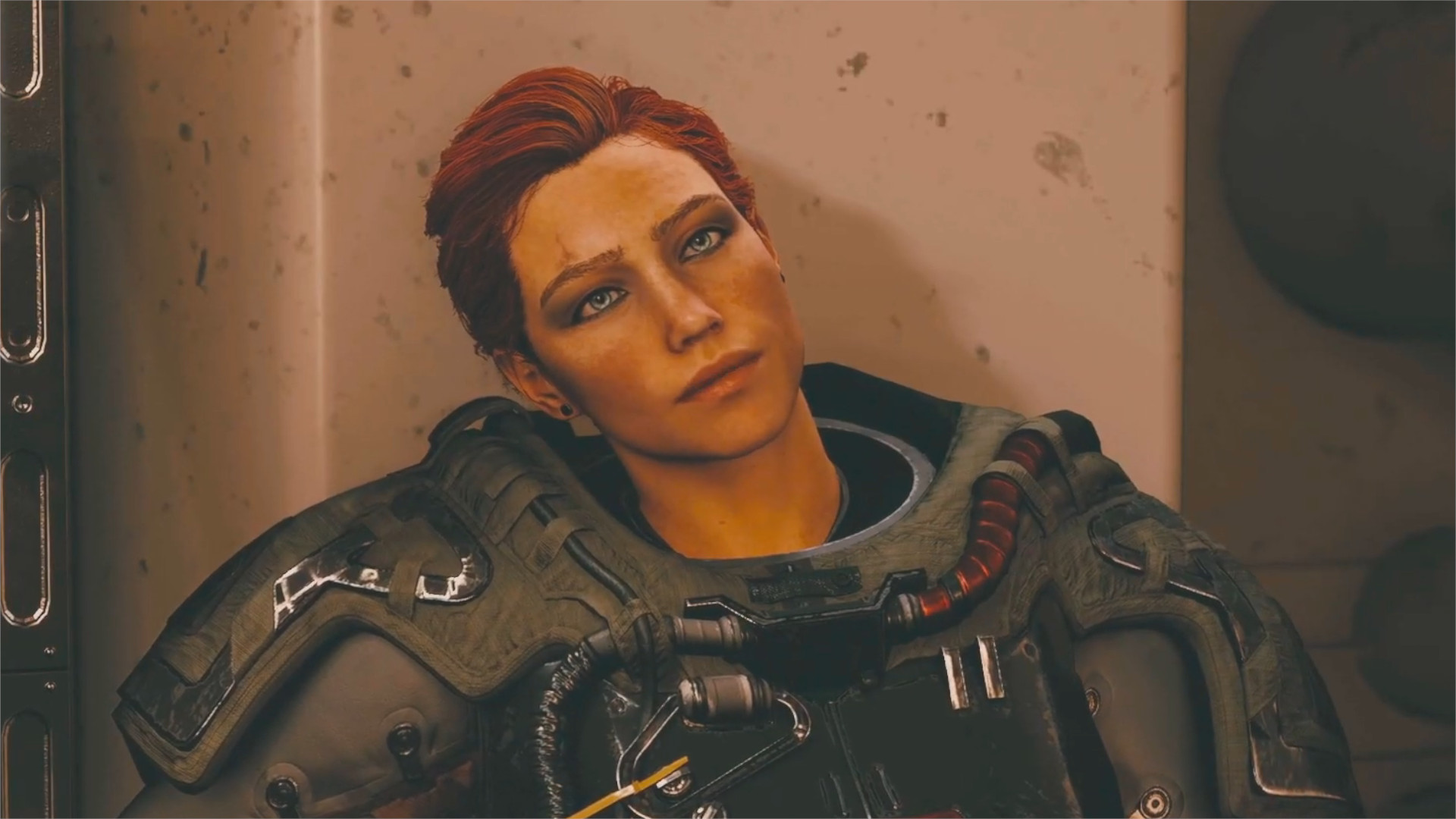
Ex-Bethesda veteran and Starfield lead quest designer Will Shen reckons the volume of huge games is “reaching a point where people are fatigued,” with that bigger-is-better design trend partly fueled by the likes of Bethesda’s games.
Speaking with Kiwi Talkz in a recent interview, Shen waded into the ongoing discussion over whether games have gotten too long. Former PlayStation boss Shawn Layden notably said 100-hour games are a “mismatch” for today’s reality just last month.
“I’m sorry,” Shen joked, acknowledging that he certainly wasn’t known for short games during his time at Bethesda. In 2023, he left the studio to join other RPG veterans and make a new open-world game, which also probably won’t be very small.
“Not personally responsible, but part of what happened is the success of games like Skyrim and Fallout 4, these really big titles that you can play pretty much forever,” Shen reasons. “There are still a lot of people playing Skyrim even after all these years. The idea of these evergreen games that you can just sink thousands of hours into, that hit the industry. Before, it was MMOs for that. World of Warcraft, there are superfans who will never leave that game.”
The problem isn’t just the size of these games – though Shen points out that “most games that are 10-plus hours long, most people don’t finish, and I’d say 75% of your players only play through the first 5 – 10 hours” – but also the market they’re launching into.
“Now we’re reaching a point where people are fatigued, or a large section, a growing section of the audience, is becoming fatigued at investing 30-plus, 100-plus hours into a game. Because they already have that. They already have the games that they will continually come back to, and adding another one to that list is a tall order. It’s always a tall order.”
Consequently, Shen says contrasting short games are having a bit of a moment, tipping his hat to Game Awards GOTY winner Astro Bot and pointing to his own recent playthrough of bite-sized horror game Mouthwashing, which clocks in around two or three hours. This is one of the “nice contained experiences that I can then move on from” Shen says he and many more players can appreciate in today’s behemoth-filled market, in part because “you can have a fan community conversation around a game that’s much shorter because the shortness allows everyone to engage fully with the entirety of the product.”
Polishing his crystal ball, Shen doesn’t expect it to get any easier for players to fit big new games into their lives since the current titans will likely live on for a long time, potentially even decades.
“We have so many games now in our libraries that we can return to forever,” he says. “Then there are the mammoth successes where, if you’re only engaging with one game, you’re usually focused on Madden or FIFA, Call of Duty, Fortnite, League of Legends, World of Warcraft, any one of those – Skyrim,” he adds for good measure.
“That has happened, and I think it’s going to be a long time before those games leave the market. Who knows? How long will Fortnite go on? It could be another 20, 30 years. Maybe it’s forever. Sports have gone on forever. Football, soccer, basketball. It’s been a long time since someone introduced a new team sport that has had a huge mainstream cultural influence. Maybe forever, maybe our lifetimes. 50 years from now, there’ll still be Fortnite updates, and it’ll still be the mammoth success that it’s always been. Who knows?”
Shen additionally weighed in on Layden’s perspective specifically, namely the idea that, as they’ve matured, many gamers have shifted from having no money but excess time to having enough money to buy games but no time to play them. This balance differs between markets and audiences, Shen reasons, making it hard to speak holistically as gaming becomes more global. Seemingly broadly agreeing with the sentiment that time is at a premium, he simply says, “It’s a lot.”





















+ There are no comments
Add yours